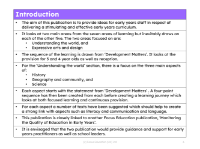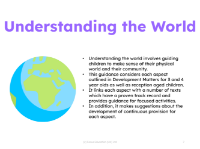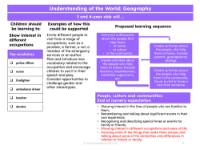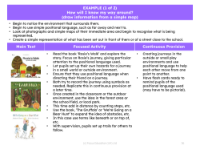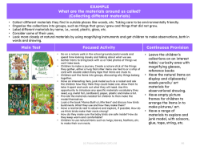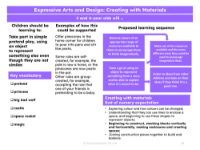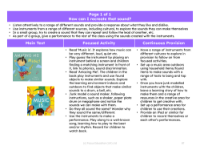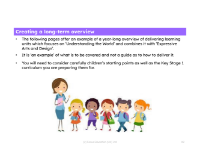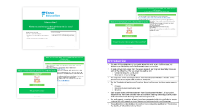Planning a Text-led Curriculum in EYFS - Understanding the World: Communities
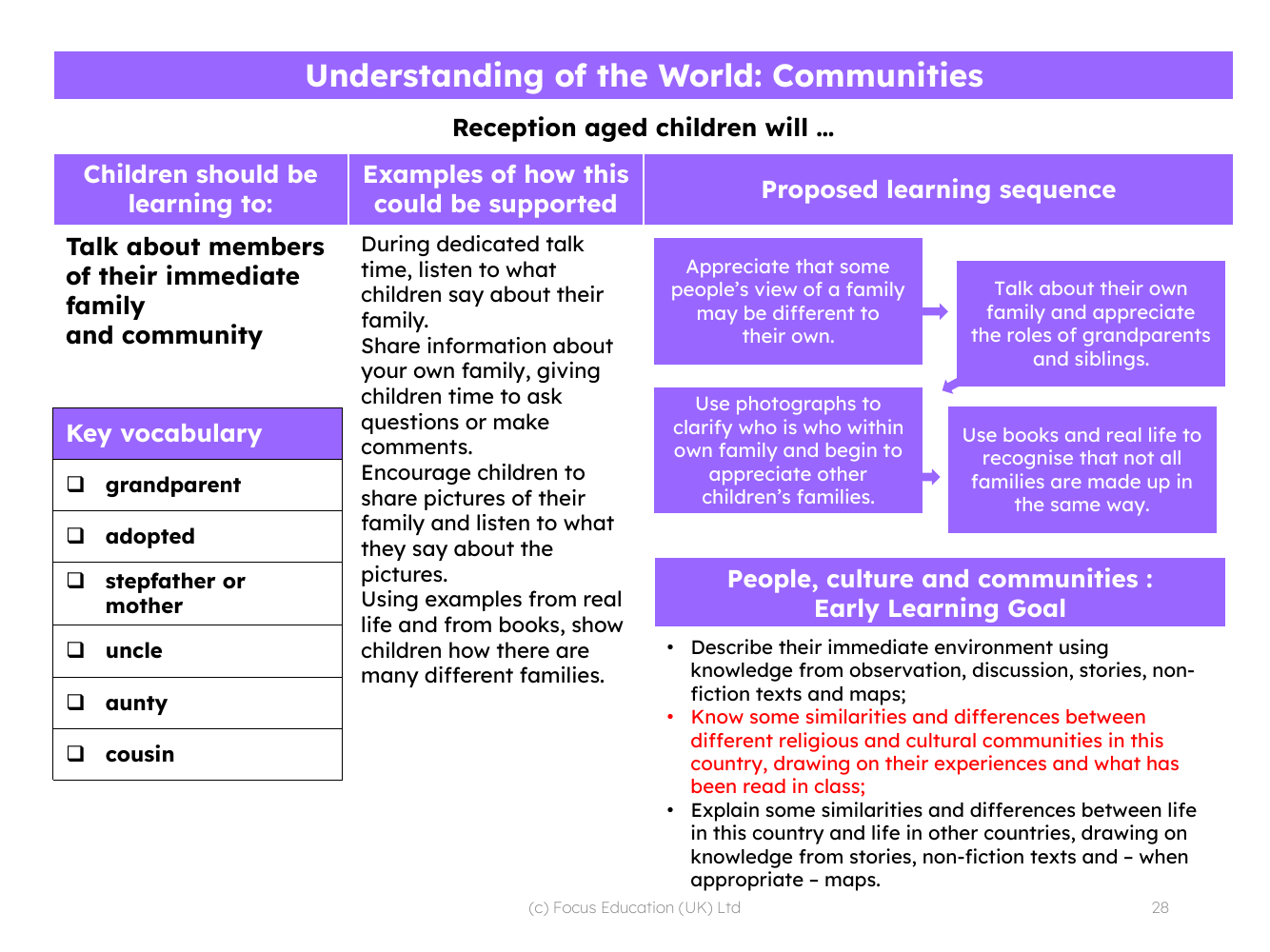
Reception-aged children are introduced to the concept of communities, focusing on the importance of understanding the diverse nature of families and communities. They start by discussing their immediate family members and the roles they play within their community. Educators facilitate this learning by encouraging children to talk about their families, share family photos, and ask questions about others' families. This helps children appreciate that families come in different forms and structures. Books and real-life examples are used to highlight the diversity of family arrangements, and key vocabulary such as 'grandparent', 'adopted', 'stepfather', 'uncle', 'aunty', and 'cousin' are introduced. Through main text-focused activities like reading "Me and My Family Tree" and inviting parents to create family trees for display, children learn to recognize and respect the varied perceptions of family within their community.
Understanding the World: Communities also involves teaching children about different beliefs and celebrations within their community. They learn to recognize and respect that people celebrate special times in various ways due to differing religious and cultural beliefs. Vocabulary such as 'birthday', 'Christmas', 'Eid', 'Muslim', 'Christian', and 'Sikh' is taught to describe these events. Activities include making birthday walls, reading relevant books like "Every Month is a New Year", and inviting families to share photos of their celebrations. Children also explore the concept of special places within the community, such as places of worship. They learn the significance of buildings like churches and mosques and the main symbols associated with them. Visits to local places of worship, or watching educational videos, help to reinforce this understanding. Continuous provision includes keeping family trees and photo albums on display, having a birthday box for role play, and incorporating cultural artefacts into the classroom to ensure a rich and respectful representation of the diverse community.
